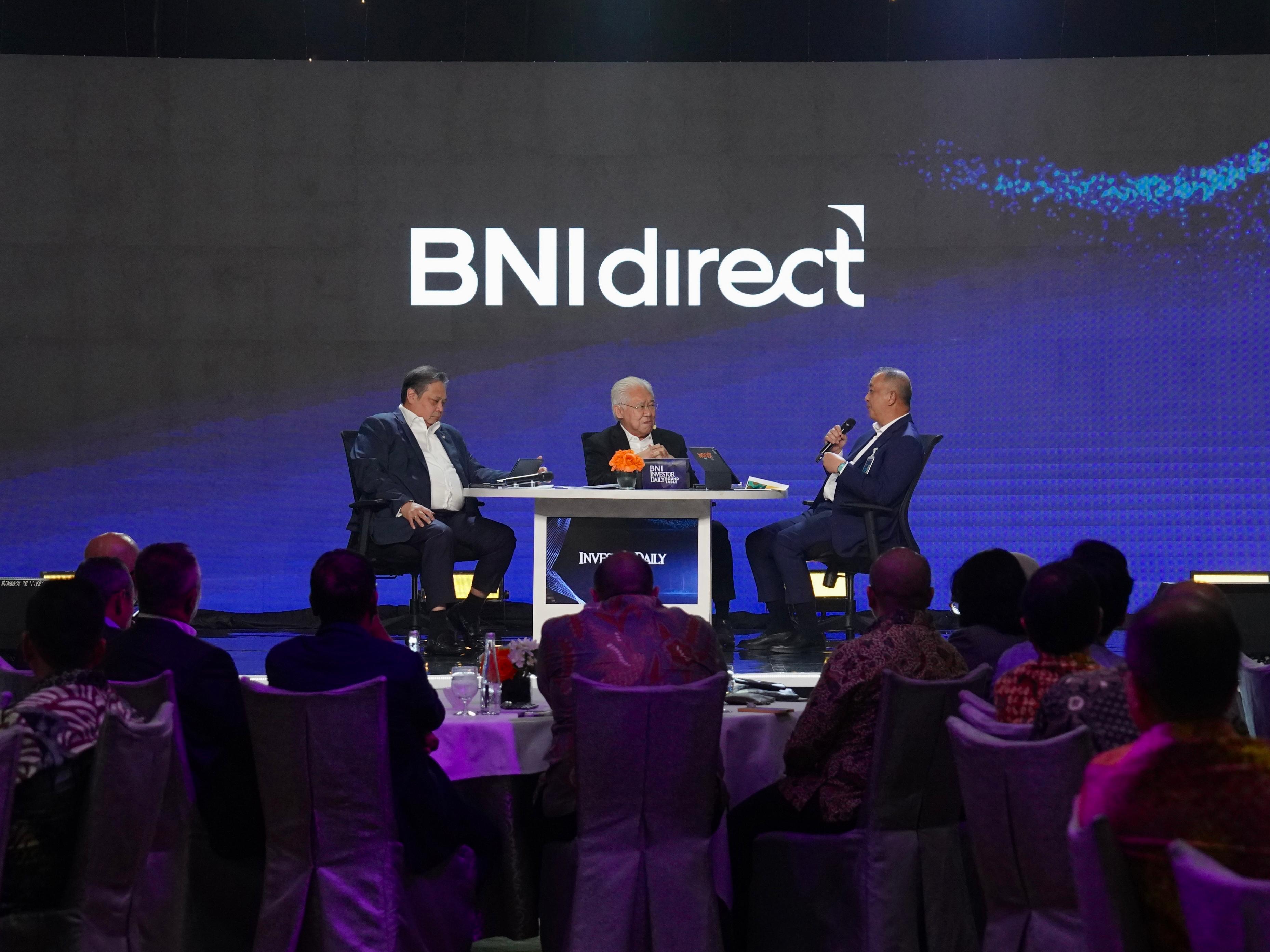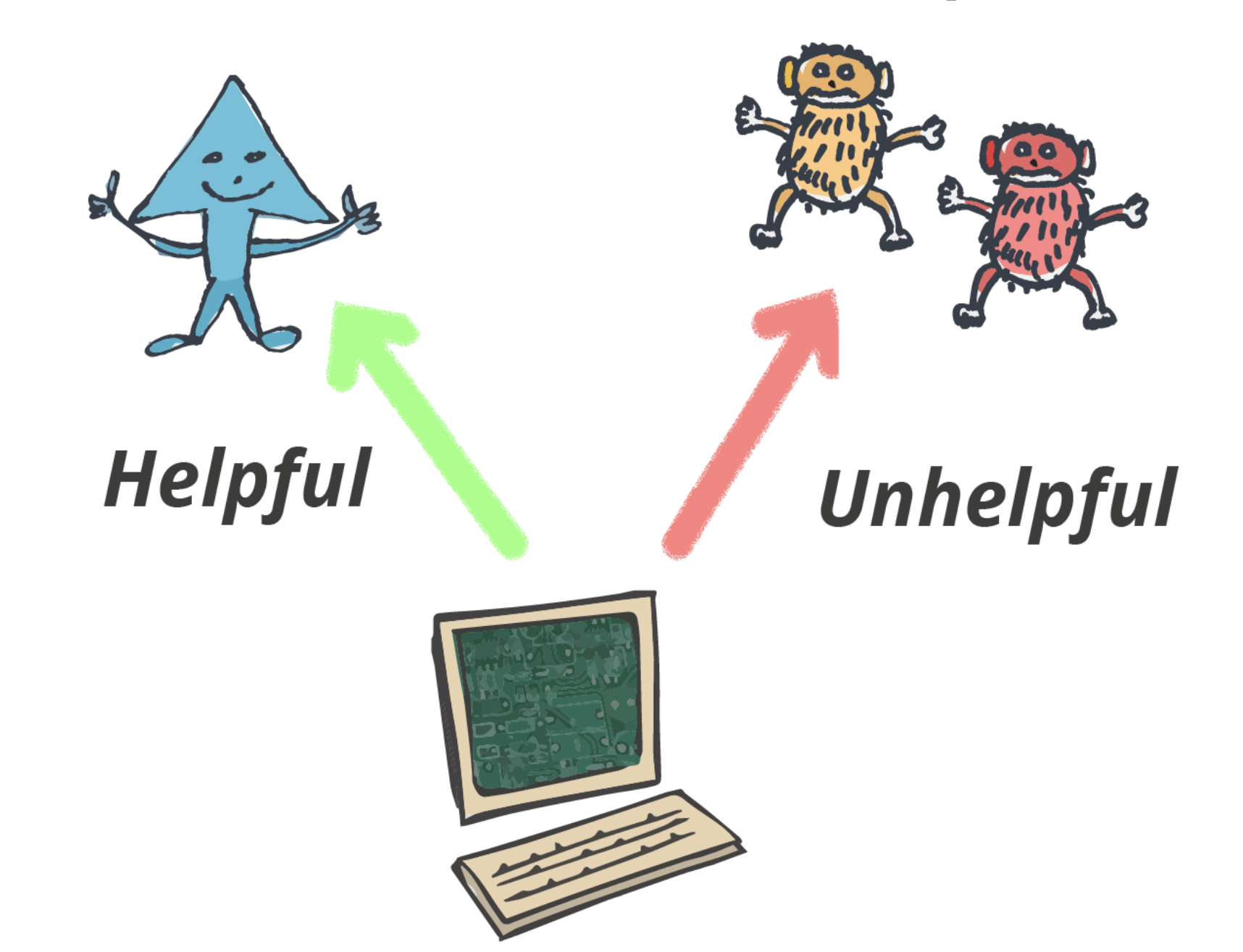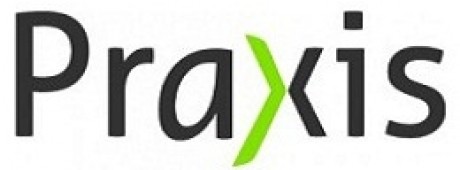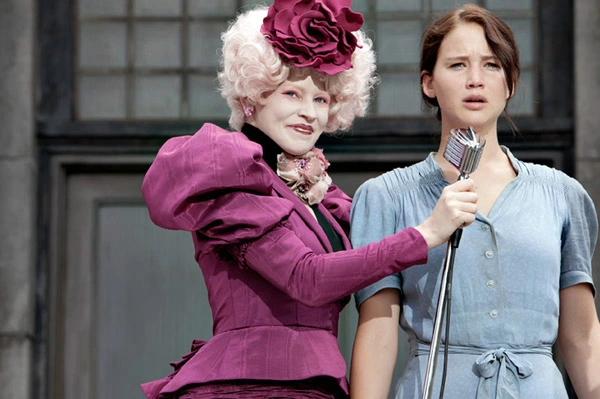As the 2024 presidential election draws near, attention is increasingly focused on the arena of open debates. These debates serve as a vital platform where candidates showcase their ideas, policies, and visions for the nation, allowing voters a unique opportunity to directly compare contenders competing for the highest office.
During these debates, candidates engage in discussions, articulate their viewpoints, and defend their proposed strategies, highlighting their strengths and addressing concerns. The significance of these debates is underscored by a nationwide research we conducted last August, revealing that 62.64% of respondents deemed open debates pivotal in shaping their preferences for future leaders.
Moreover, the upcoming election marks a notable shift as, for the first time, the majority of voters will comprise Millennials (33%) and Gen Zs (23%). Consequently, candidates face the crucial task of tailoring their debate strategies to resonate effectively with these younger demographics.
Connecting with these demographics hinges on adopting a relatable communication style. Younger voters value authenticity, clarity, and accessibility in language, making a genuine and straightforward approach crucial in capturing their attention and trust.
This personalized approach transcends mere rhetoric. Candidates must address key issues strongly resonating with the younger generation, such as combating corruption, addressing climate change and environmental concerns, and promoting overall well-being. Prioritizing these topics not only shows an understanding of their concerns but also fosters meaningful engagement.
Open debates play a multifaceted role in shaping the democratic process. They act as dynamic platforms that not only inform citizens but also foster intellectual curiosity, crucial for an engaged and active electorate. Through debates, citizens gain direct exposure to candidates' ideas, policies, and responses, enabling them to make informed decisions about their preferred leaders.
Post-debate, the focus shifts to public relations (PR), where the narratives formed during the debates are further refined and strategically communicated to the public. PR becomes instrumental in molding these narratives to influence public opinion. A strong debate performance may capture attention initially, but it's the subsequent PR strategies that cement a candidate's image, leaving a lasting impact on how they are perceived by the electorate.
Effective integration of strong debate performances with astute PR ensures a resilient and enduring presence for candidates in the democratic landscape. The synergy between these elements amplifies a candidate's message, contributing significantly to their overall appeal and public perception.
Moreover, in today's digital age, leveraging various online platforms for communication is paramount. Utilizing social media channels not only facilitates direct engagement with voters but also allows candidates to reach a broader audience, especially the younger demographic of Millennials and Gen Zs. Effectively utilizing these digital mediums showcases a candidate's adaptability to modern communication methods, aligning seamlessly with the preferences and habits of these younger generations.
As the elections draw closer, the pivotal question revolves around whether candidates can go beyond presenting compelling ideas. They need to embody leadership qualities that resonate with the diverse voices and concerns of the nation. This dynamic journey, spanning from debates to the intricacies of public relations, where persuasion converges with image management, promises an engaging narrative as enthralling as the debates themselves. The ability of candidates to navigate this complex landscape will determine their success in securing public trust and support in the upcoming election.
Mark your calendars for all the presidential debates in the lead-up to the 2024 Indonesian election:












